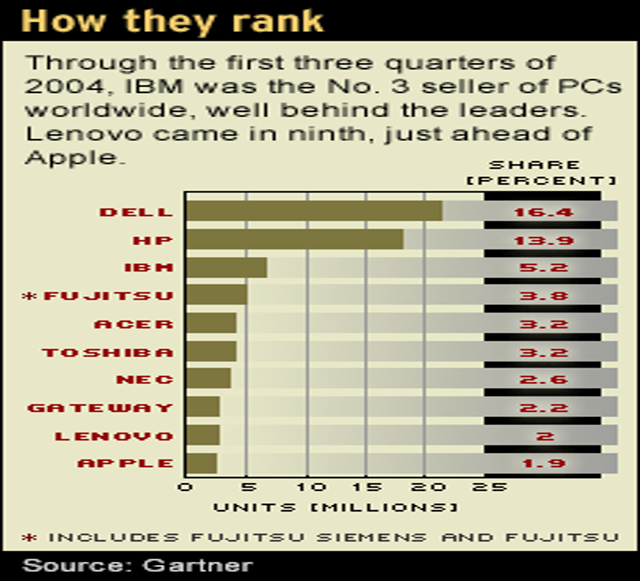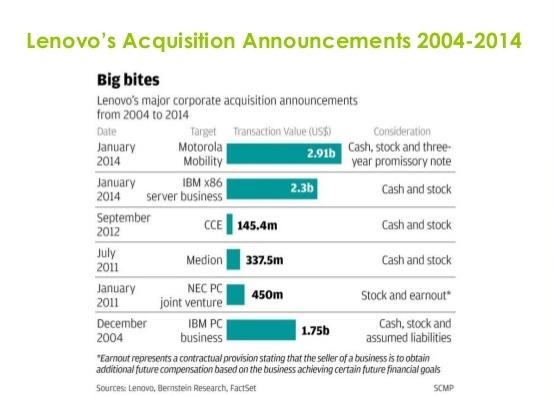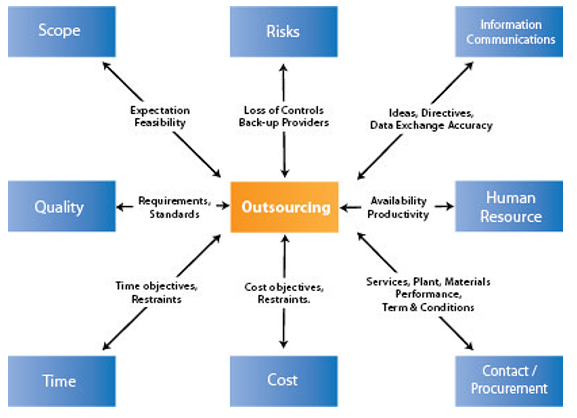Lenovo dominated the Asia-Pacific markets by crafting distribution agreements. Lenovo acquired the PC division of IBM. This assisted it in market intelligence, management, and technology. The IBM-Lenovo brand was acceded by Lenovo. The latter also obtained the right to operate the Thinkpad trademark.
Businesses that operate in the international business domain can hardly miss facing a liability of foreignness. This implies that both social and economic related expenses are faced by firms that have established their operations in overseas or foreign markets (Qian, Li, & Rugman, 2013). Although firms such as Lenovo and Huawei can overcome the liability of foreignness in regions they are operating in, this type of liability can vary for different firms that operate at the same geographical location.
Liability of emergingness can be defined as social and economic costs that business organizations incur at the infancy stage when they begin to emerge in the mainstream marketing platform. When a multinational like Lenovo expands to foreign markets, additional costs incurred are referred to as liability of emergingness. At this point, it is crucial to mention that Lenovo is a multinational firm that has already experienced or undergone massive expansion into other geographical regions (Chen, Hong, Jiang, & Kubik, 2013).
Assets of emergingness are the social and economic resources accumulated from the operations of firms in emerging or new marketing platforms. In the case of business organizations that operate in foreign locations, both the liabilities of foreignness and emergingness can be transformed into assets of emergingness by lowering the cost of operation and expanding production. Market expansion in the right direction will lead to profit optimization in any foreign market. In other words, firms operating in foreign locations should strive to overcome both of the above liabilities (Khanna & Palepu, 2010). The organizational-related costs, customer-related costs, and government-related costs should be overcome by business organizations to boost the asset base.
First, multinationals such as Lenovo and Huawei should meaningfully embrace technology. Firms that utilize the latest technological platforms are in a better position to compete favorably with other market players. As can be seen in the chart below, Lenovo has been shipping the highest quantity of PCs since 2014 compared to other market competitors (Zheng, Wei, Zhang, & Yang, 2016).
As can be seen in the figure below, IBM was the top three more successful PC sellers across the globe. It is crucial to mention that in 2004 when Lenovo was acquiring IBM, it was not very robust in terms of performance. It was number 9 among the top ten PC sellers across the globe.
Organizations and corporates have a great opportunity to experience growth in markets that emerge alongside what might be referred to as institutional voids. In particular, firms that are keen on seeking exit strategies from poorly performing markets may find institutional voids and emerging markets to be very fruitful.
Khanna came up with the phrase ‘Institutional voids’ to imply a lack of vital trade instruments in a given market (Institutional Voids, 2013). The stakeholders may include credit card systems and market research firms. Such marketing instruments are crucial in creating a viable link between buyers and sellers. In business organizations that attempt to operate in emerging markets like Lenovo, institutional gaps create myriads of daunting obstacles. The key to successful business growth lies in understanding prevailing voids in any given market and how to maneuver business activities in the presence or absence of such voids.
When Lenovo expanded to the Asian markets, it faced several institutional voids due to a lack of supporting institutions. For example, poor market research coupled with a less rigorous online marketing platform were major bottlenecks in the company’s growth and expansion. Shortly after the PC group was sold to Lenovo by IBM, the latter company began edging out of the hardware portfolio. This gave Lenovo better opportunities for expansion and growth. It can be recalled that for the first time, Lenovo expanded to the Chinese market.


From the above figure, it is evident that Lenovo has been gaining ground ever since its 2004 acquisition. By increasing the production volume, such a firm can boost its sales and optimize profitability and consequently overcome liabilities of emergingness and liabilities of foreignness (Madhok & Keyhani, 2012).
Assets of emergingness can also be attained by outsourcing cheap raw materials and labor, as illustrated below.

In the above diagram, outsourcing plays a central role in the process of production. Outsourcing corresponds to transferring a specific service to another company (Zhou & Guillén, 2015).
Labor outsourcing is the process by which an institution hires another company to provide a particular service. Today, the capitalist system in its financial stage has spread widely throughout the world. In Brazil, 25% of the employed labor is outsourced.
Hence, multinationals should also outsource to remain productive.
The most common examples of outsourcing are related to providing specific services such as cleaning and security. The main reason for increased outsourcing in the developed world is to reduce personnel costs and accumulate assets of emergingness.
References
Chen, J., Hong, H., Jiang, W., & Kubik, J. D. (2013). Outsourcing mutual fund management: firm boundaries, incentives, and performance. The Journal of Finance, 68(2), 523-558.
Institutional Voids. (2013). Web.
Khanna, T. & Palepu, G.K. (2010). Winning in Emerging Markets: A Roadmap for Strategy and Execution. New York: Harvard Business School Press.
Madhok, A. & Keyhani, M. (2012). Acquisitions as Entrepreneurship: Asymmetries, Opportunities, and the Internationalization of Multinationals from Emerging Economies. Global Strategy Journal, 2 (1), 26-40.
Qian, G., Li, L., & Rugman, A. M. (2013). Liability of country foreignness and liability of regional foreignness: Their effects on geographic diversification and firm performance. Journal of International Business Studies, 44(6), 635-647.
Zheng, N., Wei, Y., Zhang, Y., & Yang, J. (2016). In search of strategic assets through cross-border merger and acquisitions: Evidence from Chinese multinational enterprises in developed economies. International Business Review, 25(1), 177- 186.
Zhou, N., & Guillén, M. F. (2015). From home country to home base: A dynamic approach to the liability of foreignness. Strategic management journal, 36(6), 907-917.